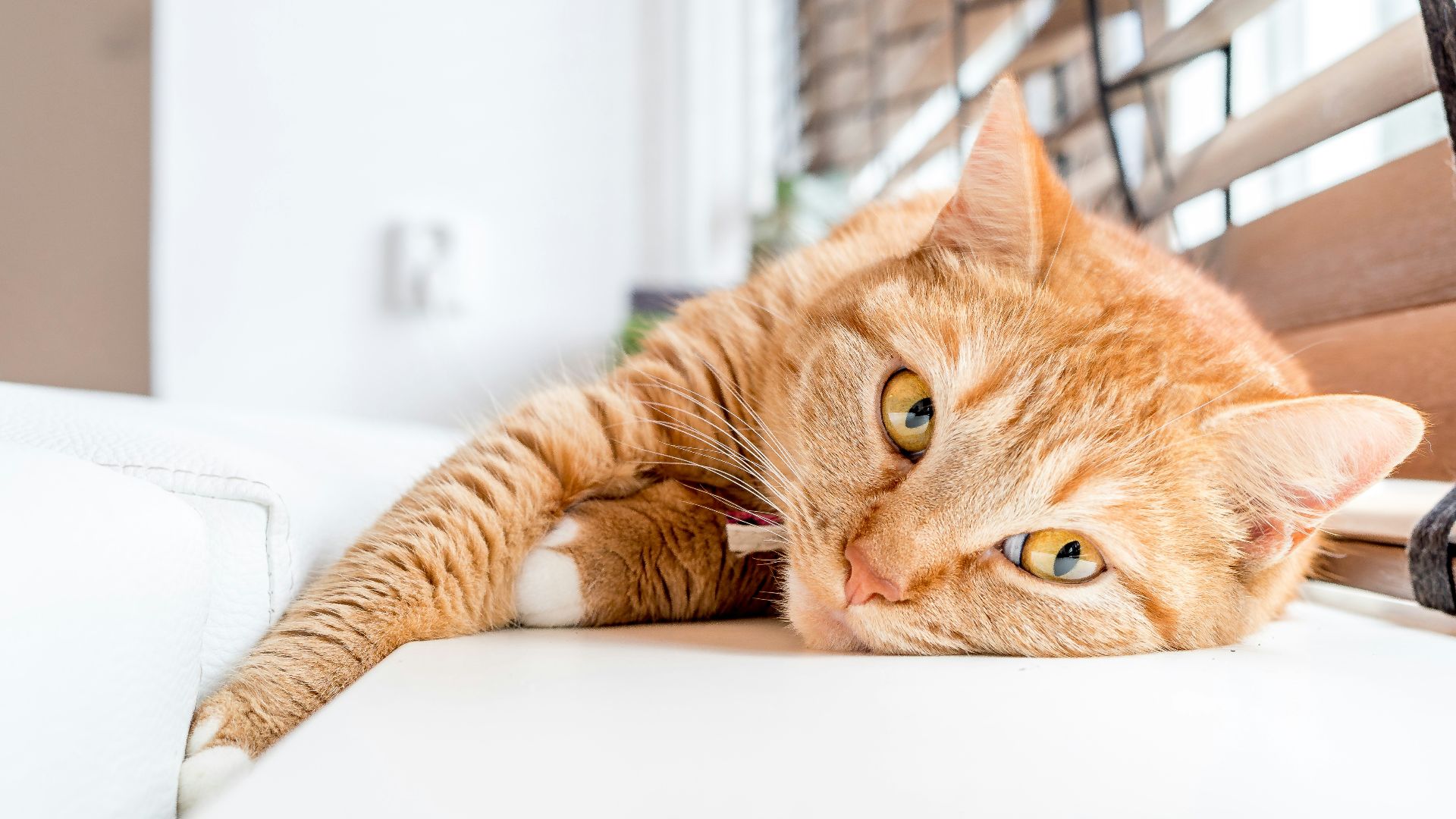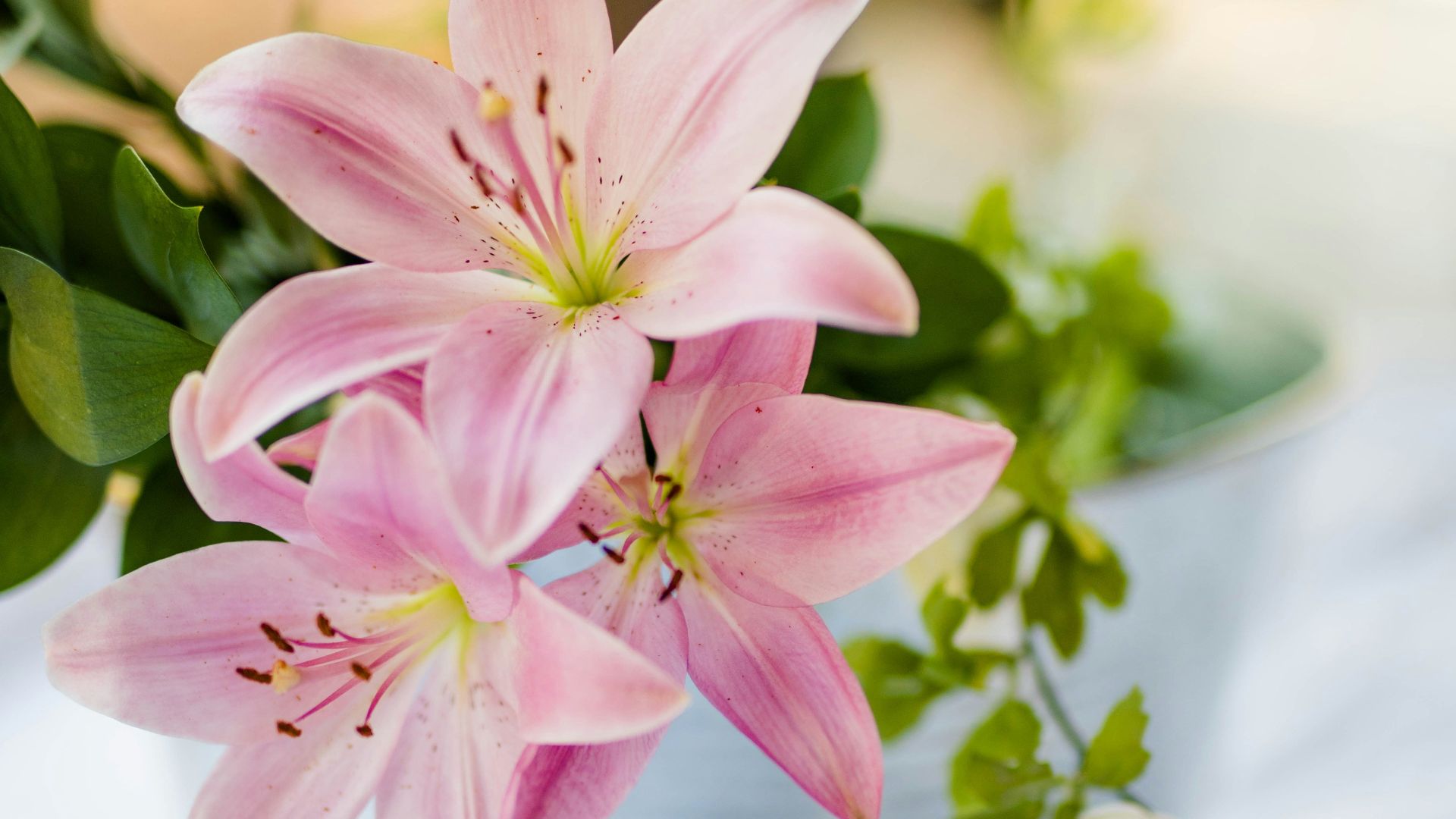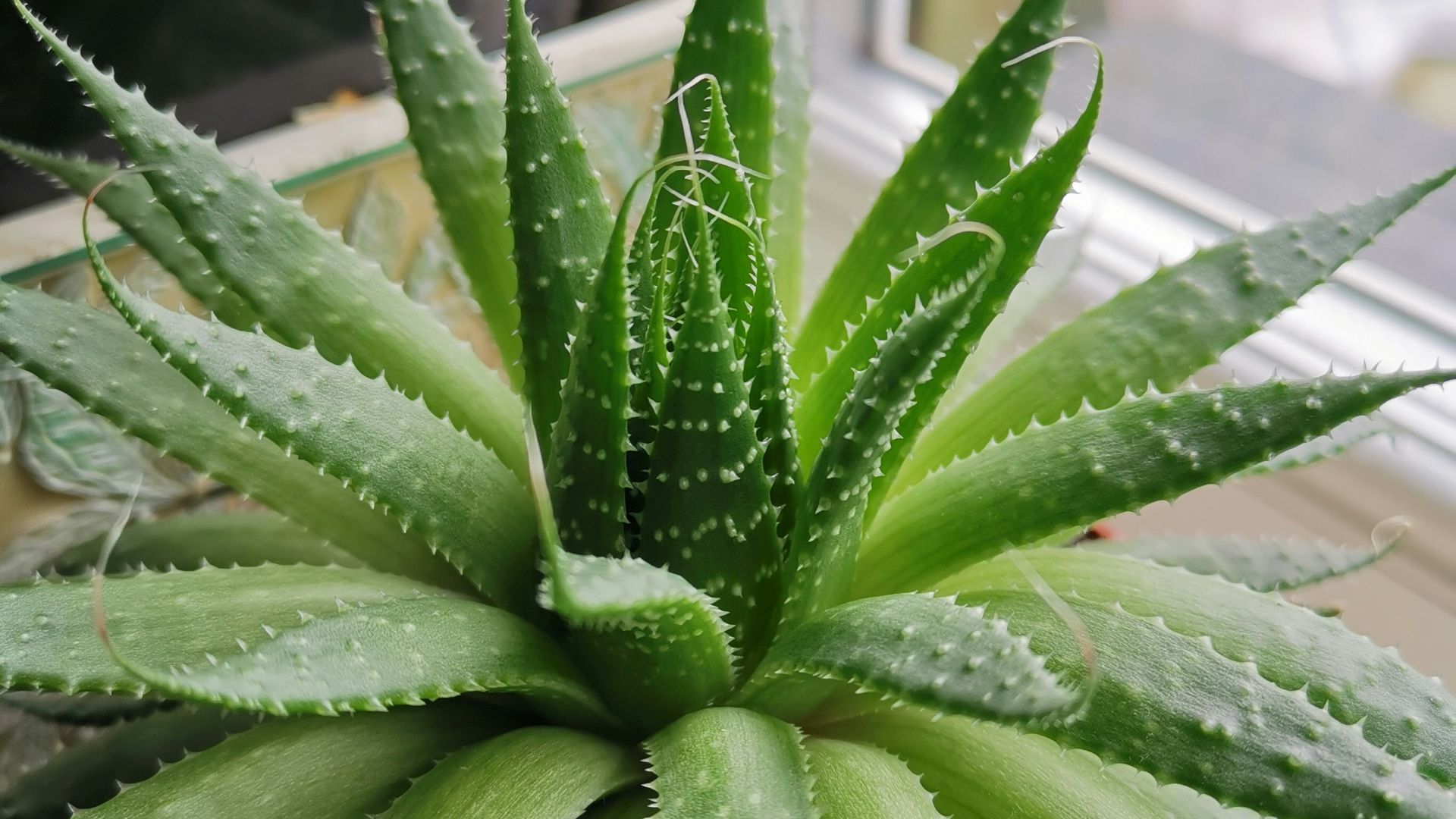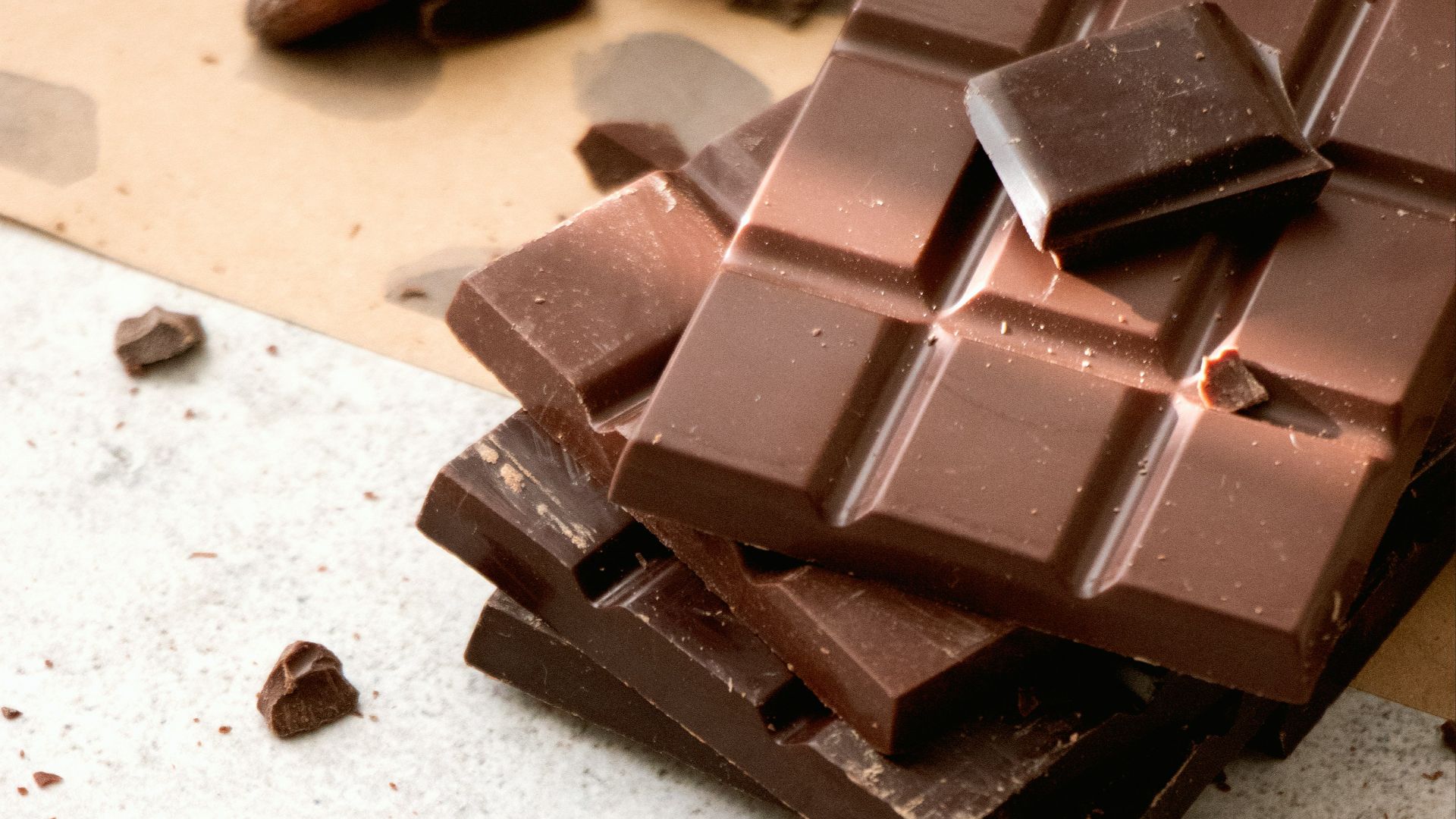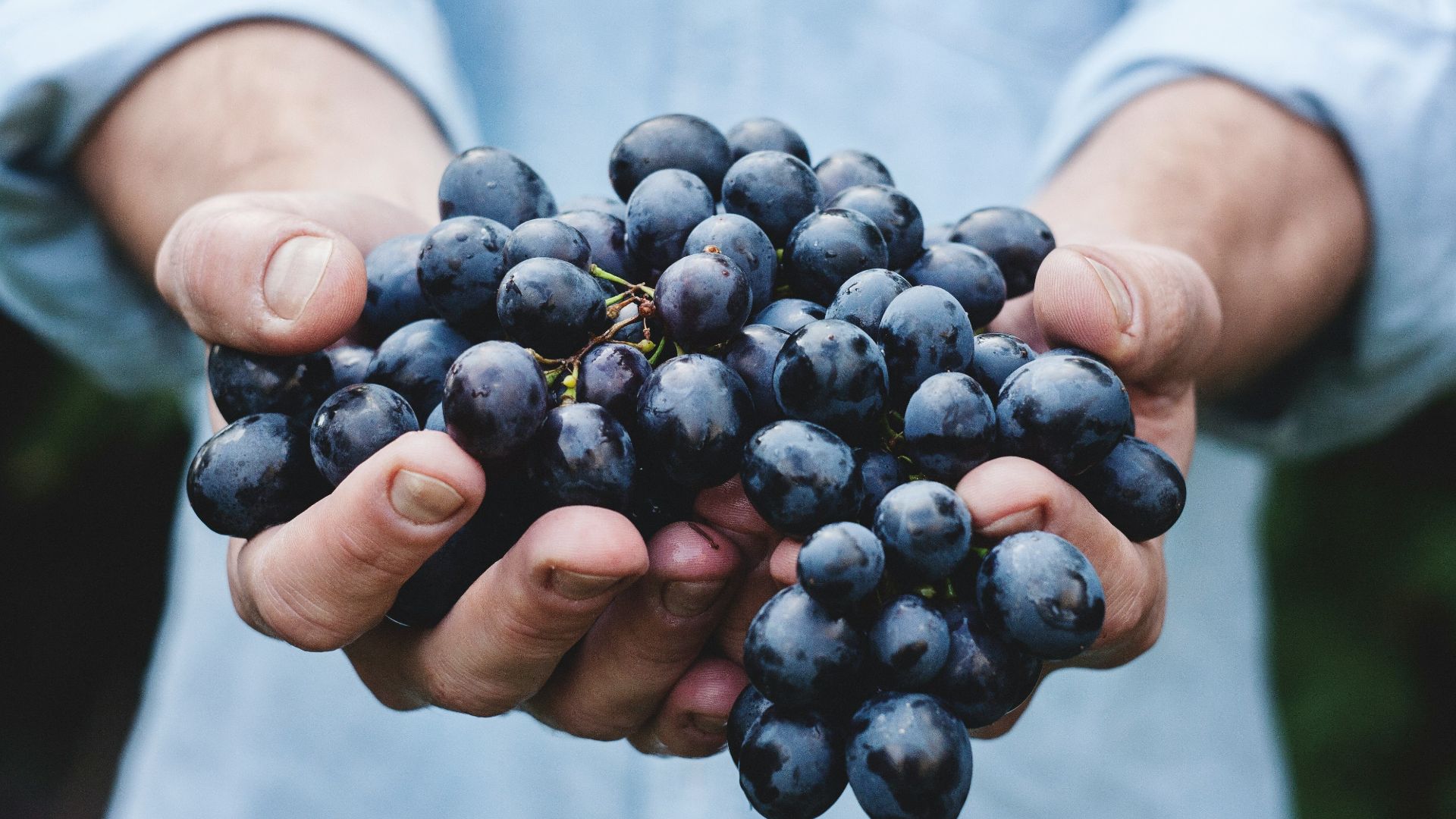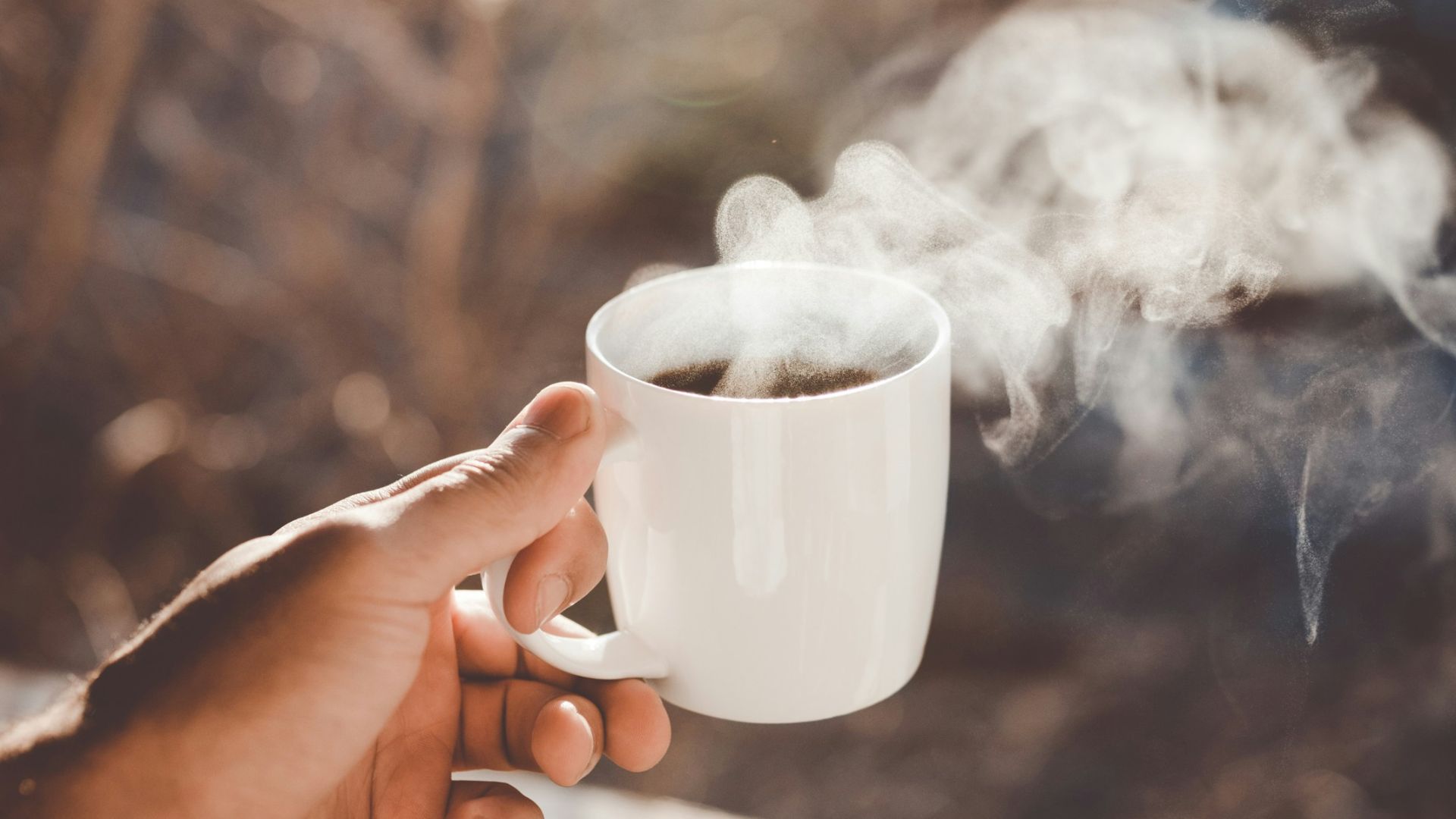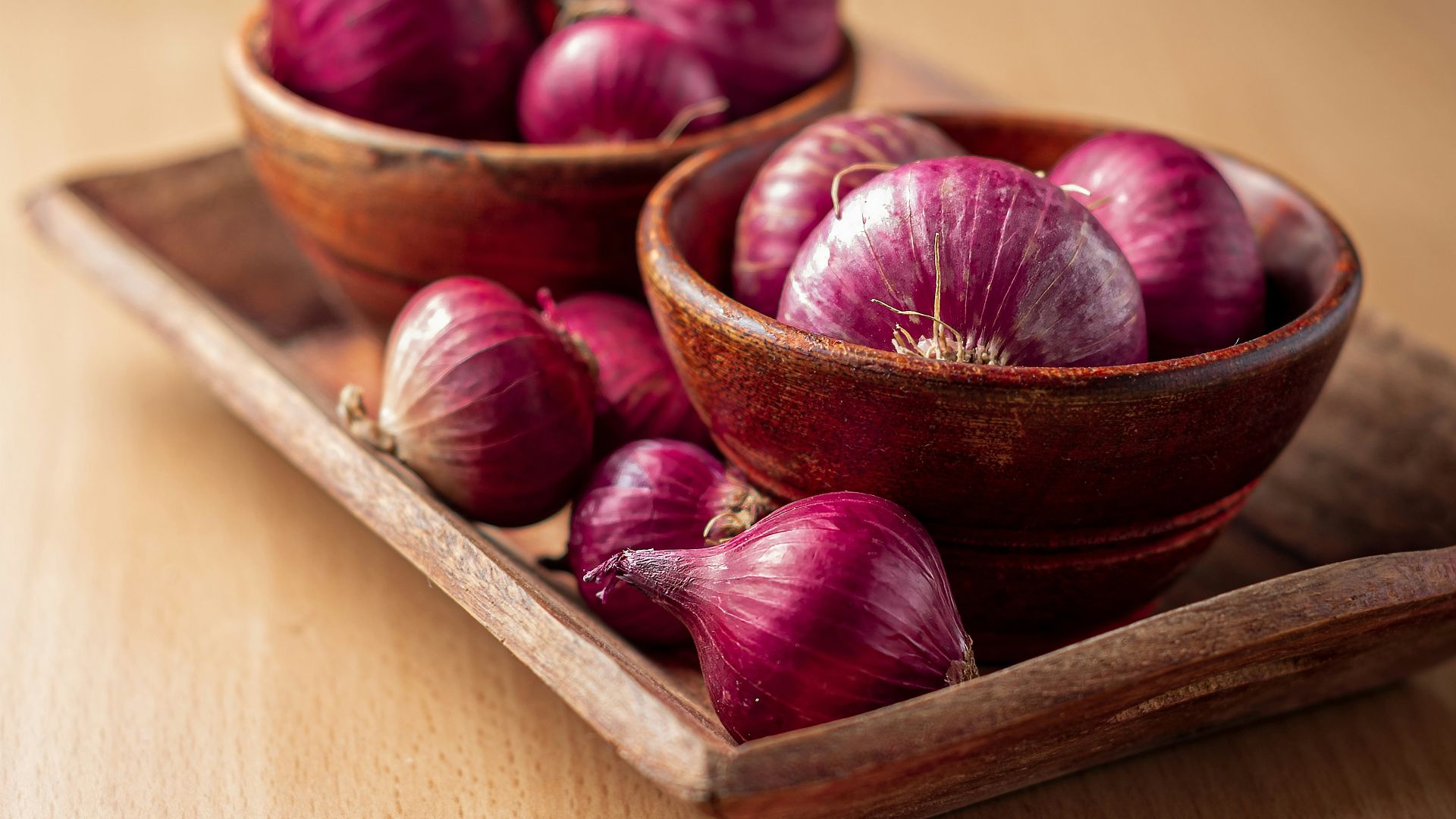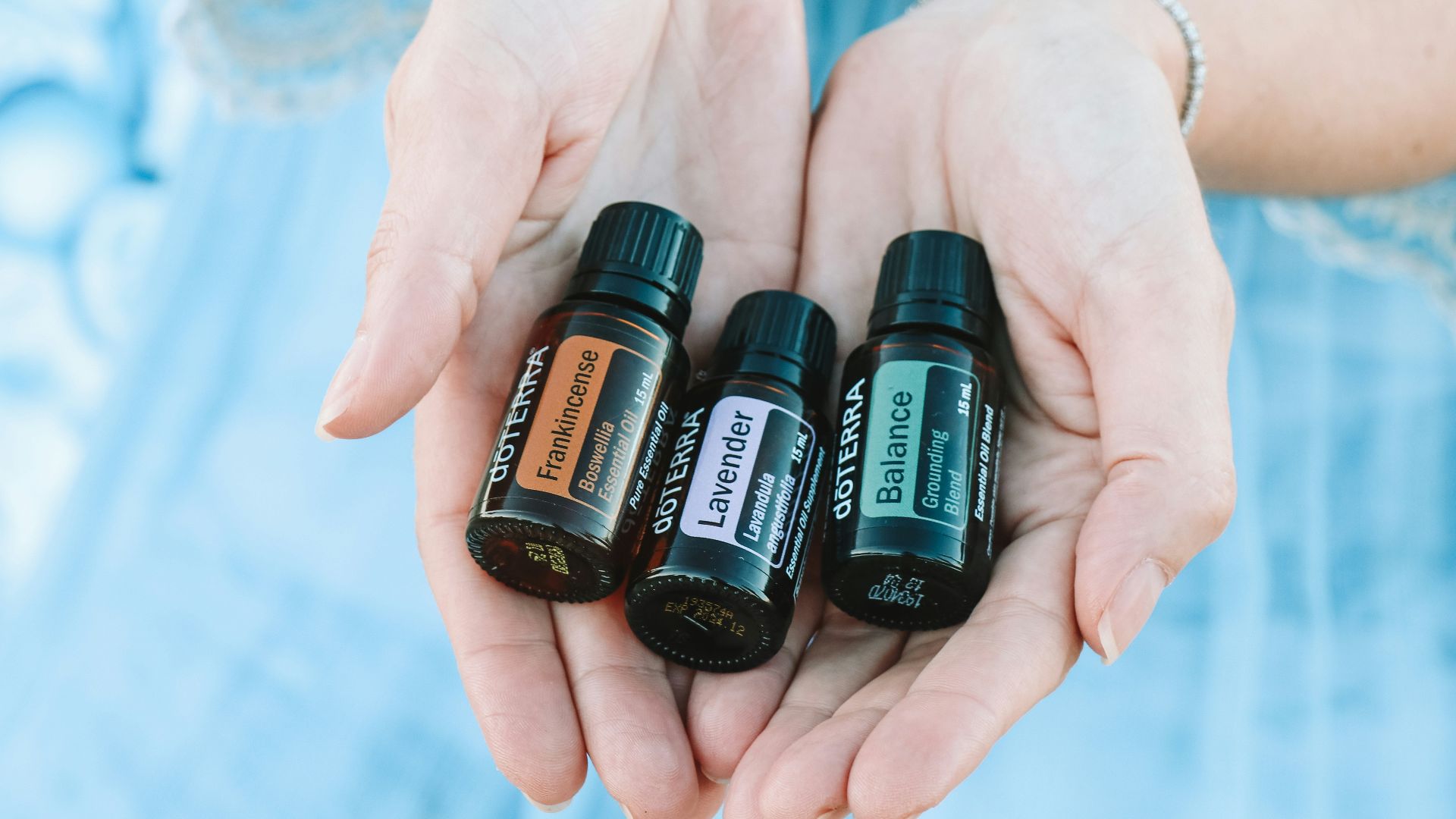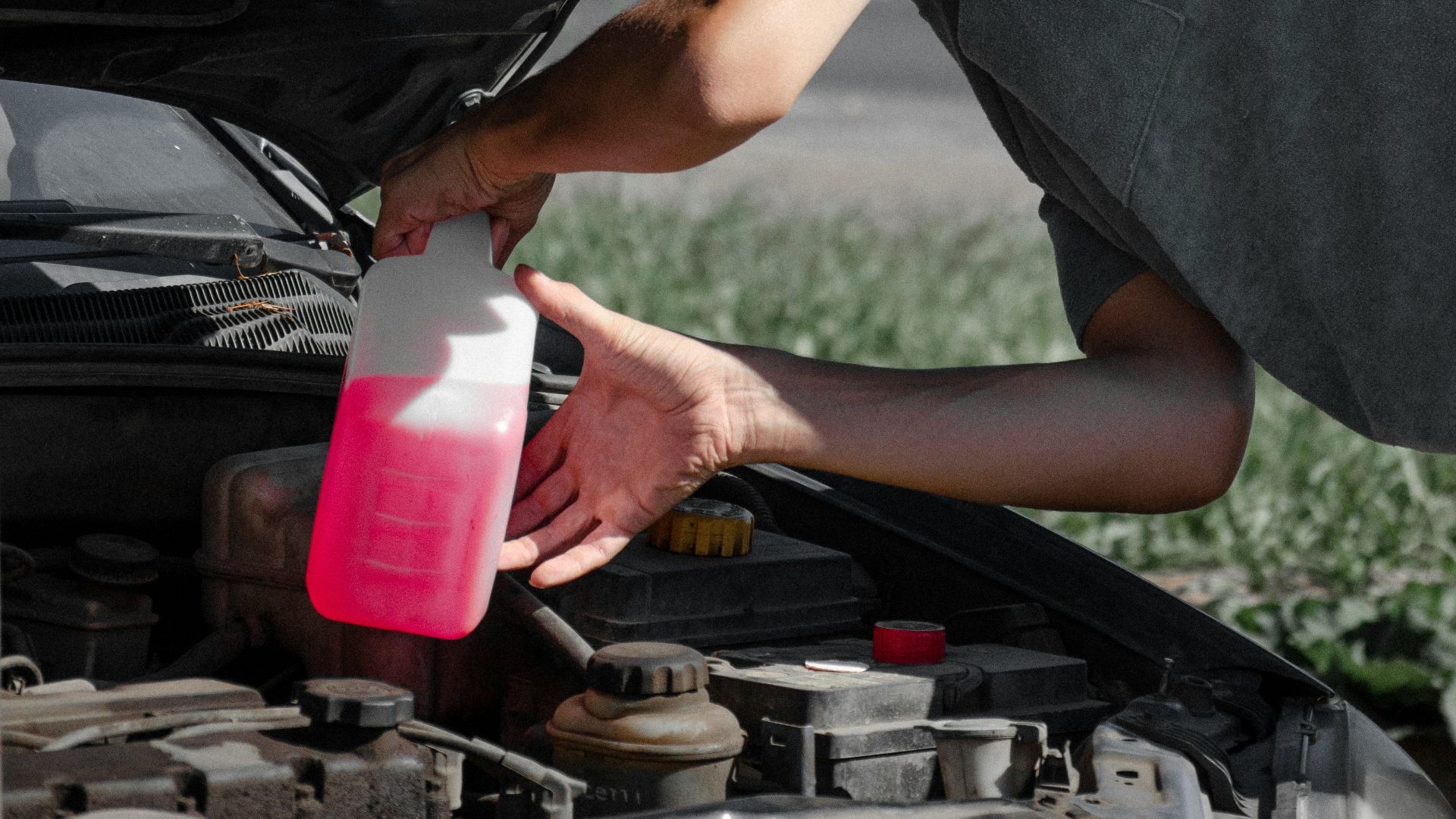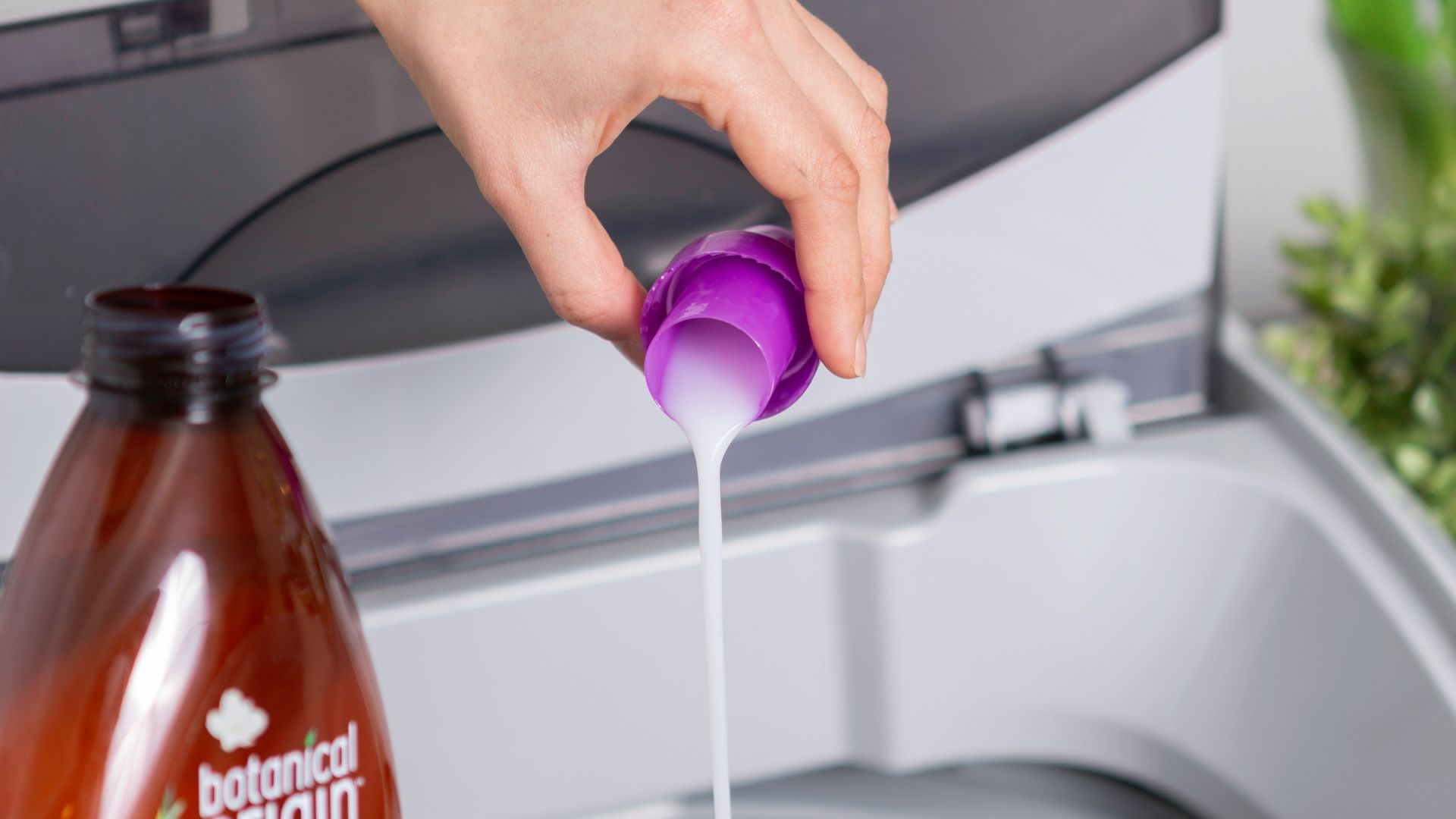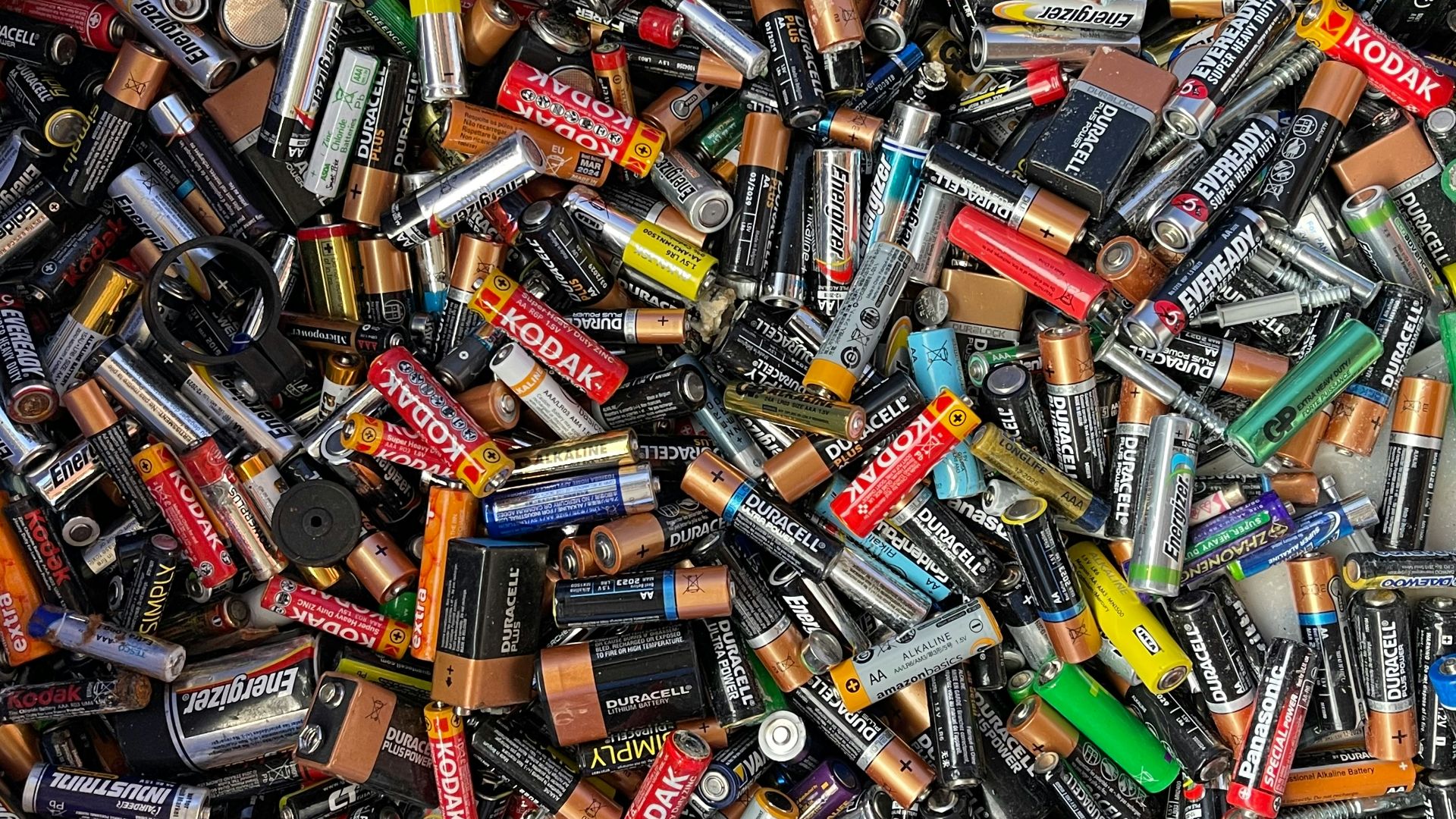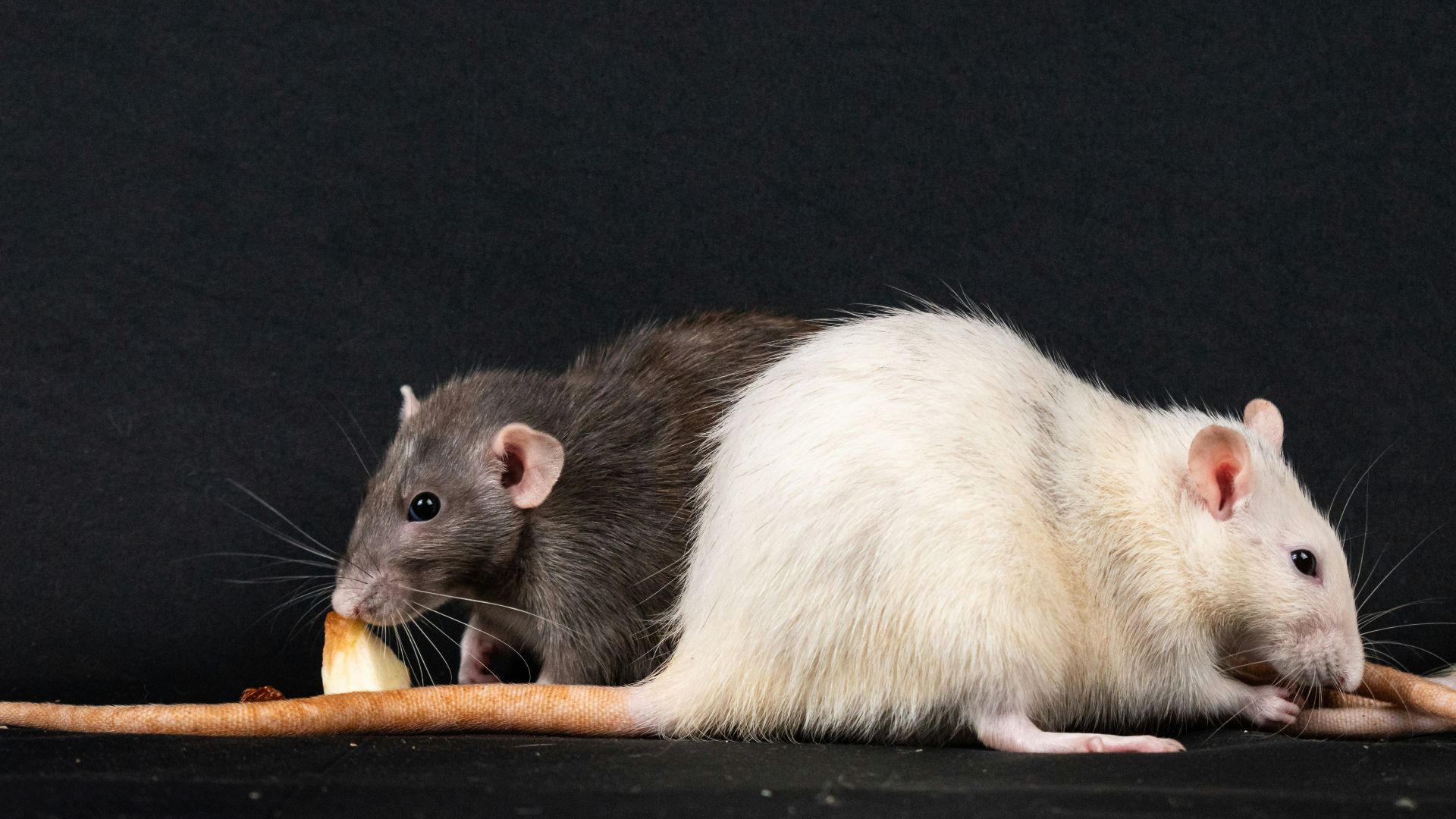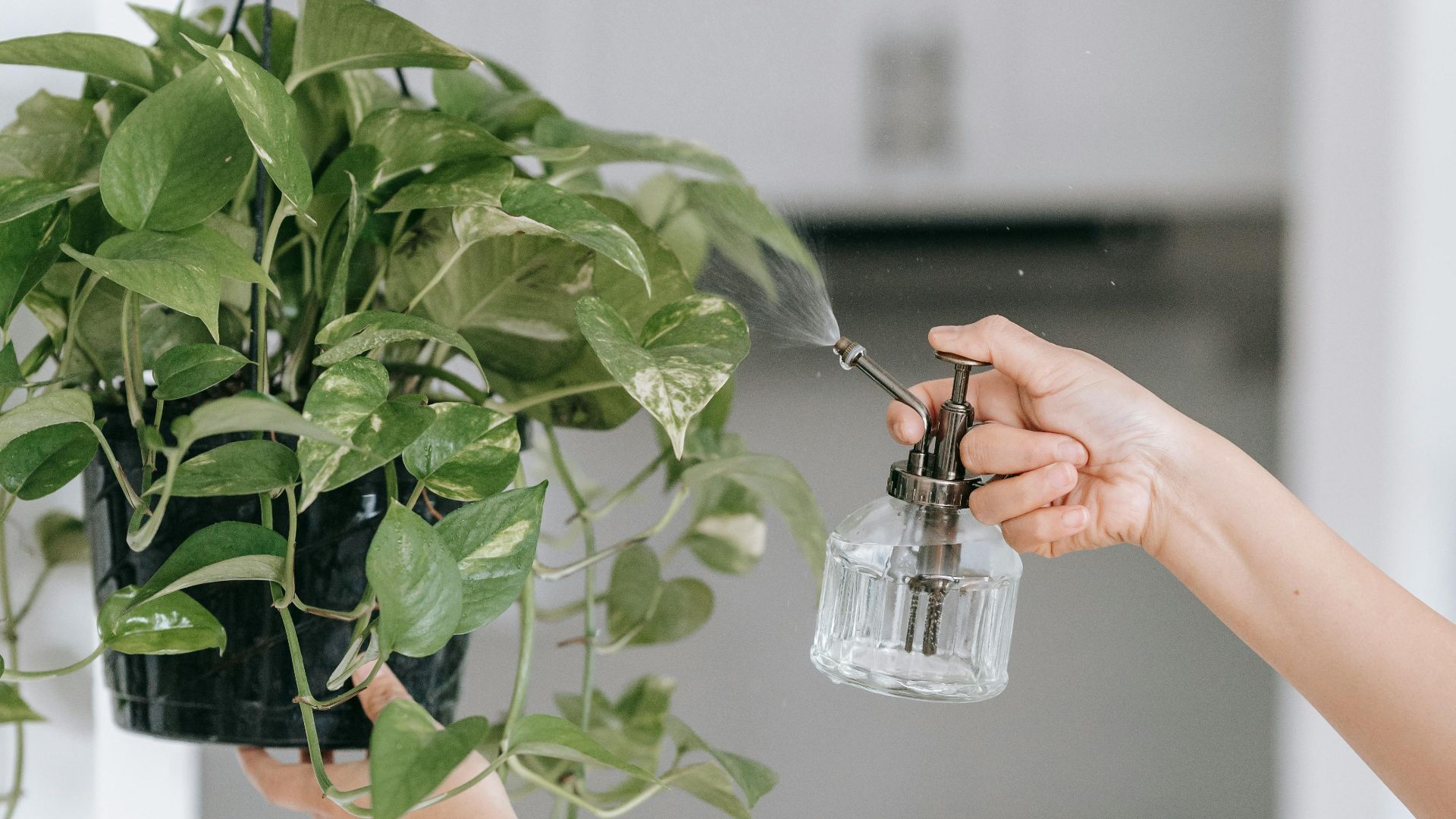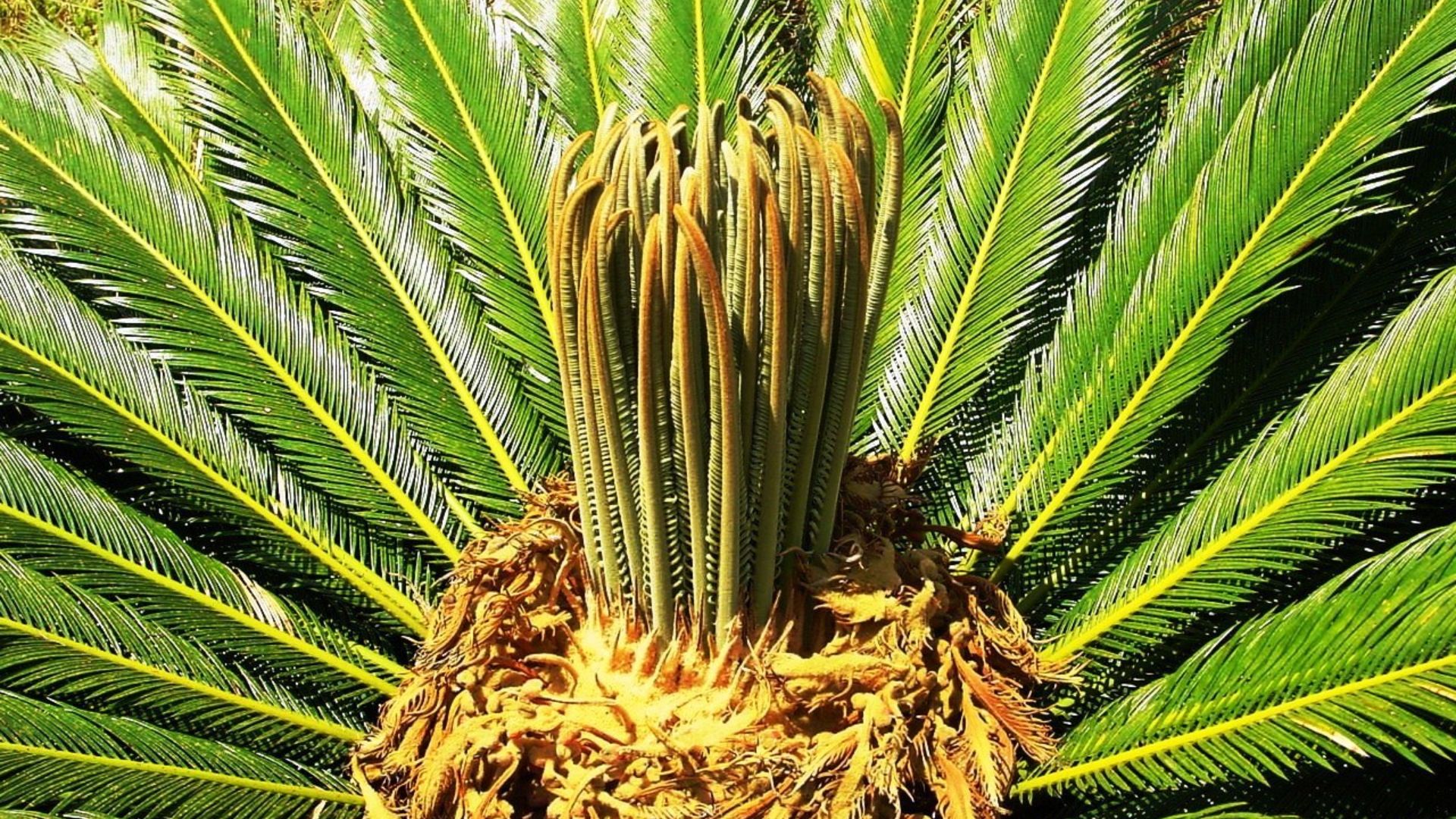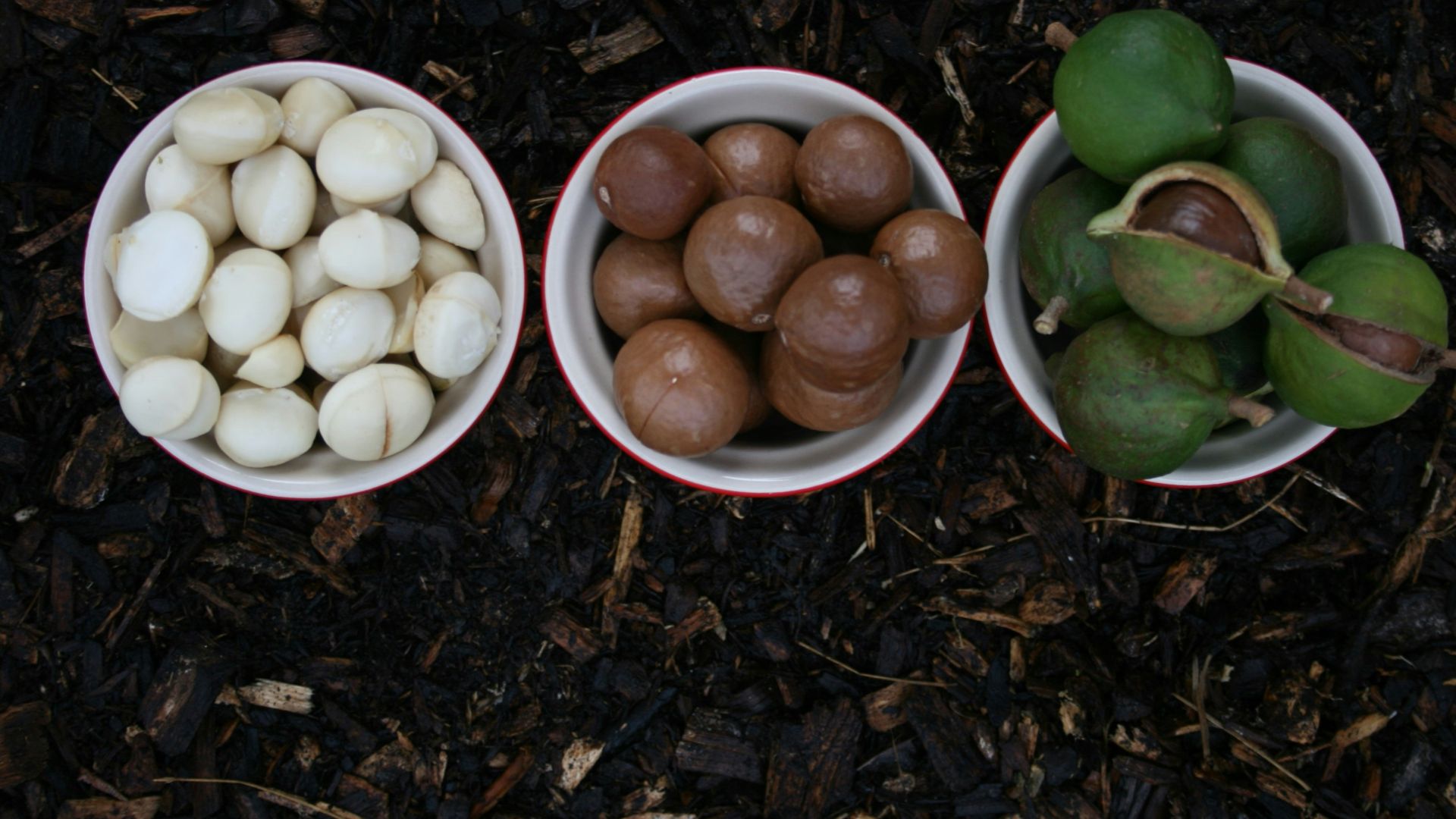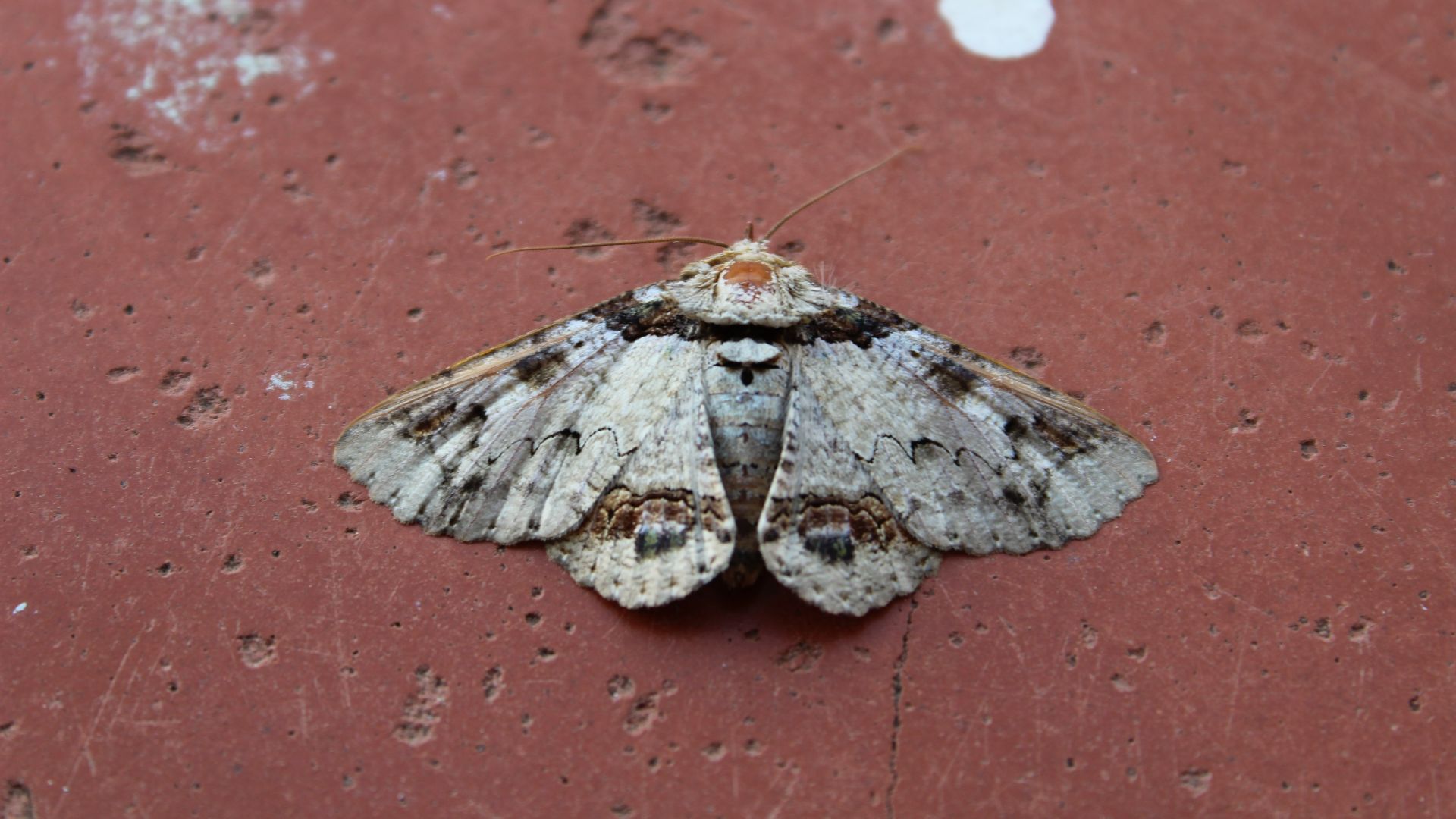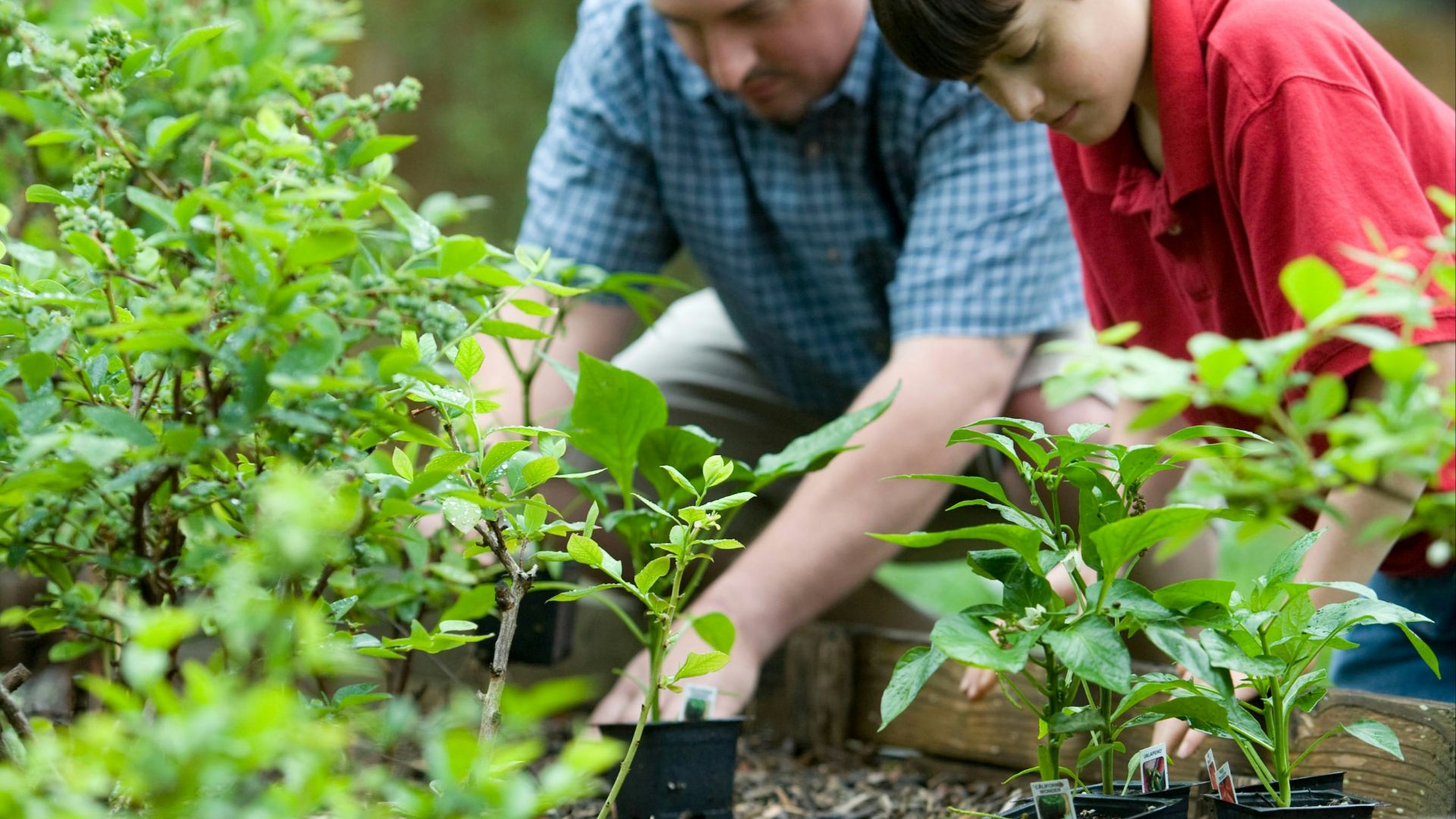20 Toxic Household Items That Could Make Your Cat Sick
How Many Of These Cat Toxins Do You Have In Your House?
Whether you realize it or not, your home is potentially full of cat death traps. Just like with toddlers, it's essential to cat-proof your house, especially if you have a kitten at home. The last thing you want is for your furry friend to get into something it shouldn't. From unassuming tulips to scary rat poison, here are 20 common household items that are toxic to your cat.
1. Yeast Dough
If you're a fan of baking, just make sure to keep that dough away from your cat, no matter how much it looks like it wants to knead it. It contains a substance called ethanol, which can cause vomiting, diarrhea, and stomach aches in cats.
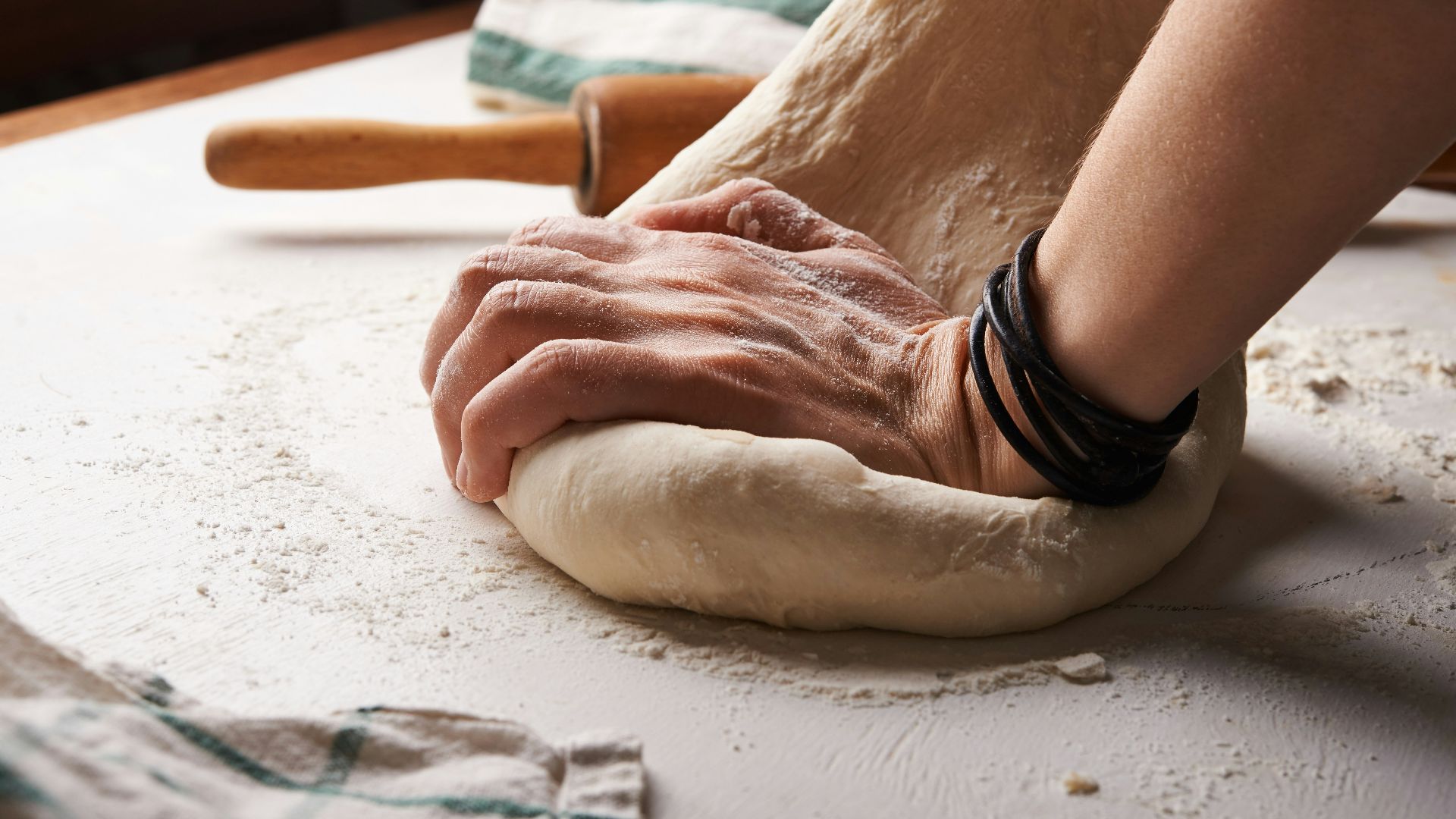 Nadya Spetnitskaya on Unsplash
Nadya Spetnitskaya on Unsplash
2. Lilies
If you're a gardener with a cat, steer clear of lilies as they are extremely poisonous to cats. Every part of the plant is deadly toxic when ingested, including the pollen.
3. Aloe Vera
Aloe vera is a great, easy-to-grow and useful indoor plant, but if you have a cat, you shouldn't have an aloe plant. When eaten, it can cause vomiting, diarrhea, and tremors in cats.
4. Chocolate
While the temptation to share the things you love with your furry friend is understandable, don't under any circumstance feed your cat chocolate. It contains theobromine, which can cause seizures and heart arrhythmia in cats.
5. Alcohol
Be careful where you set down your drink, as alcohol is toxic to cats. Much like in humans, alcohol consumption causes confusion and staggering in cats, but it can also lead to liver damage.
6. Grapes & Raisins
While it's unknown what substance in grapes and raisins is responsible, ingesting even a small amount of them causes vomiting, diarrhea, and loss of appetite in cats. In extreme cases, it can cause kidney failure and death.
7. Coffee
Any caffeine-containing substance can be fatally poisonous to cats, so make sure that cup of joe is well out of reach. If your cat drinks even a little bit, it may experience restlessness, hyperactivity, heart palpitations, tremors, and seizures.
8. Onions & Garlic
Whether raw, cooked, or powdered, onions and garlic are toxic to cats. They can damage their red blood cells and cause anemia.
9. Essential Oils
While diffusing them in your home can create a relaxing atmosphere, essential oils, especially tea tree, eucalyptus, and citrus oils, are poisonous to cats. Because cats lack the enzymes to digest them, essential oils can cause liver damage or neurological issues in cats.
10. Antifreeze
Just like in humans, drinking antifreeze is deadly toxic to cats as well. Even less than a teaspoon can be fatal, so make sure to keep it well away.
11. Laundry Detergent
It's probably not surprising that laundry detergent, as well as other household cleaners, are poisonous to cats when eaten. Your cat may experience profuse drooling, chemical burns, vomiting, diarrhea, and potentially fatal seizures if it gets into your laundry detergent.
12. Batteries
If you've ever owned a kitten, you know how much they like chewing on things, especially when they're teething. If their sharp little teeth puncture a battery, the acid can burn your cat's mouth and esophagus and can even be fatal.
13. Flea Treatments For Dogs
Never use flea treatments meant for dogs on cats, as they can be deadly poisonous. Permethrin is a substance found in them that, when ingested by cats, is extremely toxic. Even some treatments for cats are poisonous when ingested, so make sure to take care when applying them.
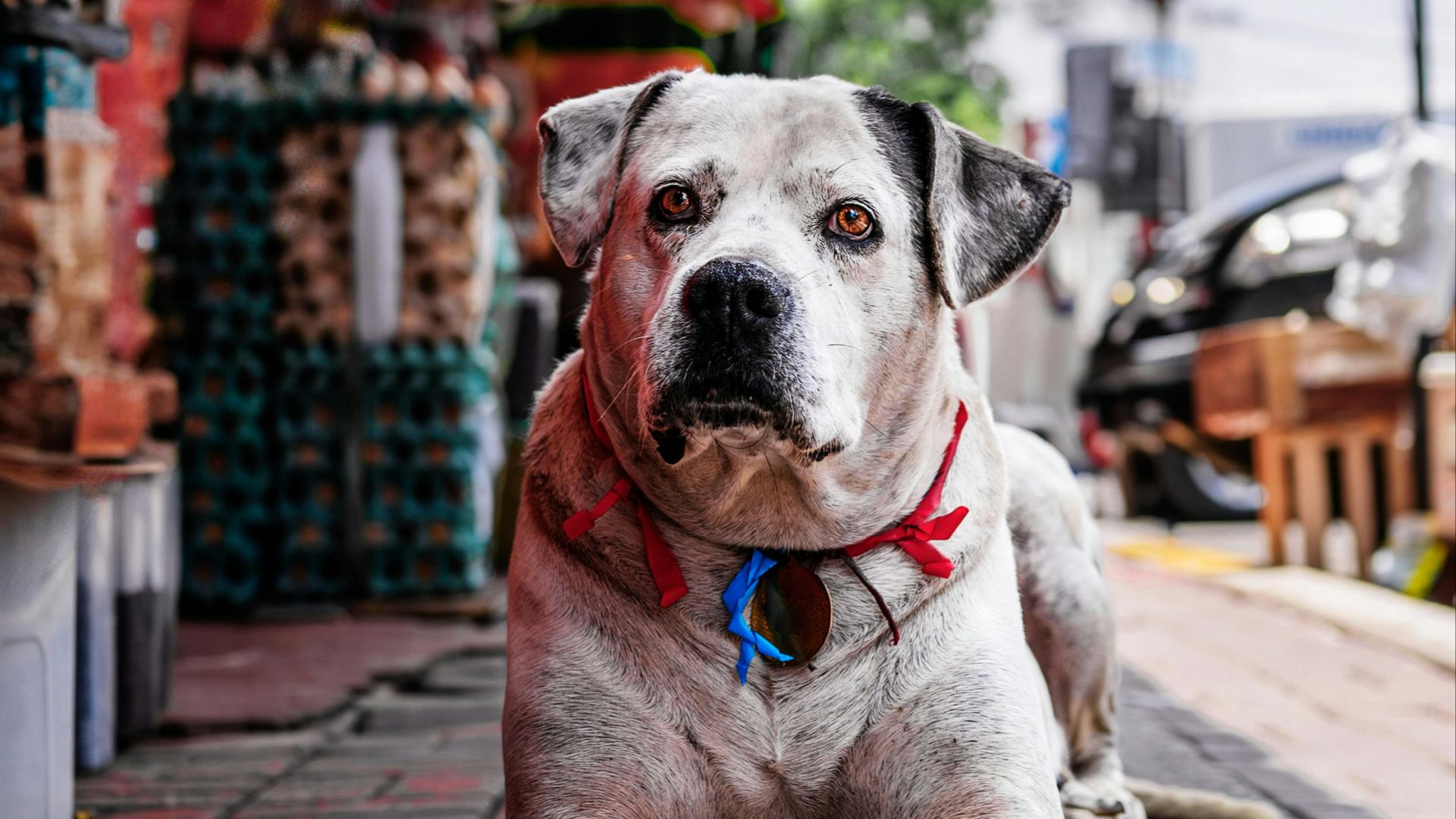 Christopher Welsch Leveroni on Pexels
Christopher Welsch Leveroni on Pexels
14. Rat Poison
If you have a rat problem in your home, you may want to let your cat deal with it the old-fashioned way instead of buying rat poison, as this can pose a risk to your cat's health. If even a tiny amount is ingested, it can be fatal to your cat. Also, note that if your cat eats a rat that has consumed poison, it can suffer from secondary poisoning.
15. Devil's Ivy
Devil's Ivy is a common indoor plant, but it can be fatal to cats. Oral irritation, pain, swelling, vomiting, and difficulty swallowing are some symptoms your cat may experience if it eats the plant.
16. Tulips
Tulips may appear friendly and unassuming, but they can be your cat's worst nightmare. Ingesting any part of the plant, especially the bulb, can cause vomiting, diarrhea, seizures, and even death in cats.
17. Sago Palm
Sago palms make a lovely addition to your front yard, but not if you have cats. When eaten, even a small amount can cause vomiting, diarrhea, liver failure, and death in cats. It's also highly toxic to dogs and horses.
18. Macadamia Nuts
Macadamia nuts are delicious snacks for humans, but you might not want to be cuddling with your cat while eating them. Eating macadamia nuts may cause your cat to experience vomiting, diarrhea, weakness, tremors, hyperthermia, and in severe cases, death.
19. Mothballs
While not necessarily a mainstay in many homes anymore, mothballs are strong-smelling balls of chemicals that are used to repel and kill moths. The two chemicals found inside aren't just fatal to moths, though; if your cat ingests them, it can be deadly, causing liver or kidney failure.
20. Fertilizers
Steer clear of using fertilizers on your lawn or garden, as they can be toxic to cats. Many of them contain chemical herbicides, pesticides, and fungicides that can cause gastrointestinal upset and organ failure in cats.


